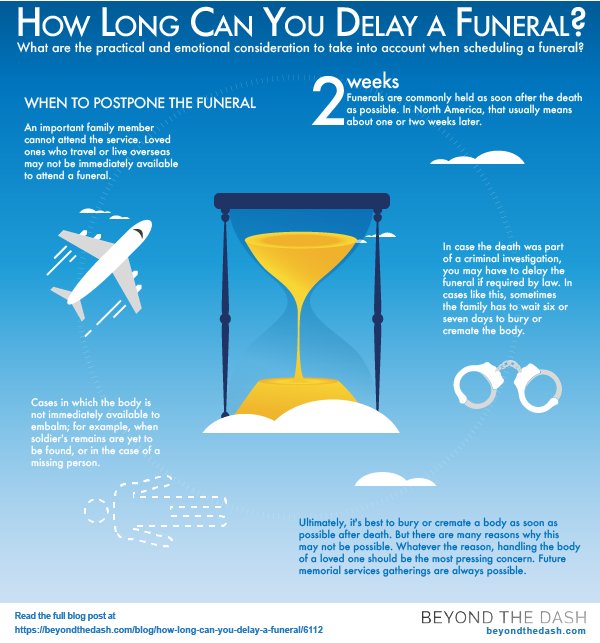“How long is soon?” This common phrase often leaves us pondering, caught in a state of uncertainty. But fret not, as the concept of ‘soon’ is not merely a vague notion. It holds within it a blend of imminence and expectation, unique to each individual experience. So, how long is soon, you may ask? Let’s venture into the depths of time and perception to unravel the enigmatic nature of this seemingly simple yet complex word. Join me on this journey of unraveling the mysteries of ‘soon.’
Unlocking the Mystery: How Long is Soon?
Have you ever heard someone say, “I’ll be there soon!” or “Wait a little while longer”? These phrases may sound simple, but have you ever stopped to think about what they really mean? How long is “soon,” anyway? Let’s dive into this fascinating topic and uncover the truth behind the elusive concept of time.
The Perception of Time
Time is a funny thing. Sometimes it feels like it’s flying by, and other times it seems to drag on forever. The way we perceive time can vary from person to person and even from situation to situation. When someone tells you they’ll do something “soon,” it can leave you wondering when exactly that will be.
So, how long is “soon”? The answer isn’t as straightforward as you might think. The concept of time can be relative, meaning that what feels like “soon” to one person might feel like an eternity to another. Let’s explore some common situations where the idea of “soon” comes into play.
Understanding Different Perspectives
When you’re eagerly awaiting something, whether it’s a special event, a promised treat, or just some quality time with a friend, time can seem to slow down. Have you ever counted down the days, hours, and minutes until something exciting is supposed to happen? In those moments, “soon” can feel like an eternity away.
On the other hand, when you’re busy having fun or engrossed in an activity, time can slip through your fingers without you even realizing it. You might tell someone you’ll be there “soon” without giving it a second thought, only to realize later that hours have passed.
The Influence of Context
The context of a situation can greatly affect our perception of time. For example, if you’re waiting for a friend to arrive at your house, “soon” might mean just a few minutes. But if you’re waiting for a letter to arrive in the mail, “soon” could mean several days. Understanding the context in which the word “soon” is used can help clarify its meaning.
Cultural Differences
Cultural differences can also play a role in how we interpret the concept of time. In some cultures, time is seen as more fluid and flexible, with less emphasis on exact schedules and deadlines. In other cultures, time is viewed as more rigid and structured, with punctuality being highly valued.
When someone from a culture that values punctuality says they’ll do something “soon,” they might mean within a specific timeframe, such as within the next hour. However, someone from a culture that values flexibility might use “soon” more loosely, meaning sometime in the near future without a specific deadline.
Managing Expectations
So, how can we manage our expectations when someone tells us they’ll do something “soon”? One way is to communicate openly and clearly about timeframes. If you’re unsure about when “soon” will be, don’t be afraid to ask for a more specific timeline.
Setting realistic expectations can also help avoid misunderstandings. If you’re the one using the word “soon,” try to be mindful of the other person’s perspective and clarify what you mean by it. Being considerate of each other’s time can go a long way in maintaining positive relationships.
In conclusion, the concept of “soon” is not as clear-cut as it may seem. Time is a fluid and subjective experience, influenced by various factors such as perception, context, and culture. The next time someone tells you they’ll do something “soon,” remember that their definition of “soon” may differ from yours. By communicating openly and setting realistic expectations, we can navigate the elusive nature of time with grace and understanding.
The Smiths – How Soon Is Now? (Official Music Video)
Frequently Asked Questions
What does “soon” typically indicate?
When someone uses the term “soon,” it generally refers to a short period of time in the near future. The exact duration may vary depending on the context, but it often implies prompt action or occurrence.
How long can “soon” be expected to be?
The timeframe for “soon” can vary based on the situation and individual perspectives. It could range from a few minutes to a couple of days depending on the urgency or context of the matter at hand.
Is there a specific deadline implied when someone says “soon”?
Typically, “soon” does not have a specific deadline attached to it. The term is more about indicating a sense of immediacy or promptness rather than providing a precise timeline. It’s advisable to seek clarification if a specific timeframe is needed.
Final Thoughts
“The concept of ‘how long is soon’ varies greatly depending on context and individual perspective. It can be a matter of days, weeks, or even months, creating uncertainty. Understanding the timeframe is essential for effective communication and managing expectations. In conclusion, defining ‘soon’ clearly in specific terms will help avoid misunderstandings and ensure timely actions.”

